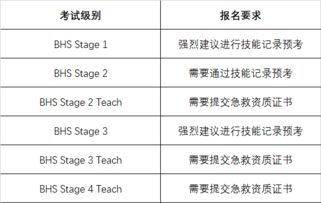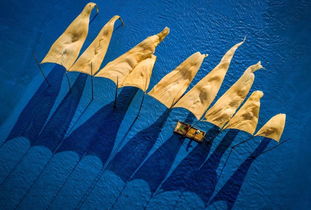Introduction: The art of fishing is both a relaxing pastime and a challenging endeavor. Many anglers dream of reeling in the big one, but few understand the intricacies of fish care once they've landed their prize. One common issue faced by anglers is the inability to keep their catch alive. In this comprehensive guide, we will delve into the various fishing techniques and explore the reasons why your fish might not be surviving. Whether you're a seasoned angler or a beginner, this article will provide you with the knowledge to improve your fishing skills and ensure the well-being of your aquatic companions.
Section 1: Choosing the Right Fishing Technique
1. Rod and Reel Selection: The first step in mastering fishing techniques is to choose the right equipment. A well-matched rod and reel can significantly impact your success. Ensure that your rod is appropriate for the type of fish you're targeting and that your reel is capable of handling the line and weight of the fish.
2. Bait and Lure Choices: The type of bait or lure you use can greatly influence your chances of catching fish. Research the species you're targeting and use baits that are known to attract them. Live bait can be more effective, but artificial lures can also be highly successful.
3. Casting and Retrieval Techniques: Proper casting and retrieval techniques are crucial for successful fishing. Learn how to cast with precision and retrieve your lure or bait at the right speed and depth to attract fish.
Section 2: Understanding Fish Behavior
1. Fish Habitat: Understanding the habitat of the fish you're targeting is essential. Fish often congregate in specific areas based on food availability, water temperature, and shelter. Familiarize yourself with these habitats to increase your chances of a successful catch.
2. Fish Feeding Patterns: Fish have specific feeding patterns, often influenced by time of day, weather conditions, and moon phases. By understanding these patterns, you can increase your chances of encountering active fish.
3. Fish Sensitivity: Fish are highly sensitive to changes in their environment, including water temperature, pH levels, and pollution. Be mindful of these factors when planning your fishing trip.
Section 3: Catching and Handling Fish
1. Landing Techniques: When you've hooked a fish, it's important to handle it properly to minimize stress and increase its chances of survival. Use a net to land the fish gently, avoiding unnecessary struggle.
2. Measuring and Photographing: Once you've landed the fish, measure it and take a quick photo for bragging rights. Be sure to release the fish back into the water as soon as possible.
3. Unhooking Techniques: Unhooking a fish can be tricky, especially if it's a large or feisty one. Use the right techniques to avoid injury to both yourself and the fish.
Section 4: Post-Catch Care
1. Water Temperature: Keep the fish in water that matches its natural habitat temperature. Rapid changes in temperature can be fatal to fish.
2. Oxygen Levels: Ensure that the water in your holding tank or bucket has sufficient oxygen. Fish require oxygen to survive, and low oxygen levels can quickly lead to death.
3. Stress Reduction: Minimize stress on the fish by keeping them in a calm environment. Avoid overcrowding and excessive handling.
Section 5: Common Reasons Fish Don't Survive
1. Improper Handling: One of the most common reasons fish don't survive is improper handling. Rough treatment, such as squeezing or throwing the fish around, can cause internal injuries and stress.
2. Inadequate Oxygen: Insufficient oxygen in the water can lead to suffocation. Ensure that your holding tank or bucket is aerated properly.
3. Water Quality: Poor water quality, including high levels of ammonia or nitrite, can be toxic to fish. Regularly test the water and maintain appropriate pH levels.

4. Overcrowding: Overcrowding can lead to increased stress and competition for resources, which can weaken fish and make them more susceptible to disease.
Conclusion: Mastering fishing techniques and understanding fish care is essential for any angler who wants to keep their catch alive. By selecting the right equipment, understanding fish behavior, handling fish properly, and ensuring good post-catch care, you can increase your chances of successfully reeling in a fish and releasing it back into the wild healthy and happy. Remember, responsible fishing not only benefits the fish but also preserves the beauty and sustainability of our aquatic environments.












